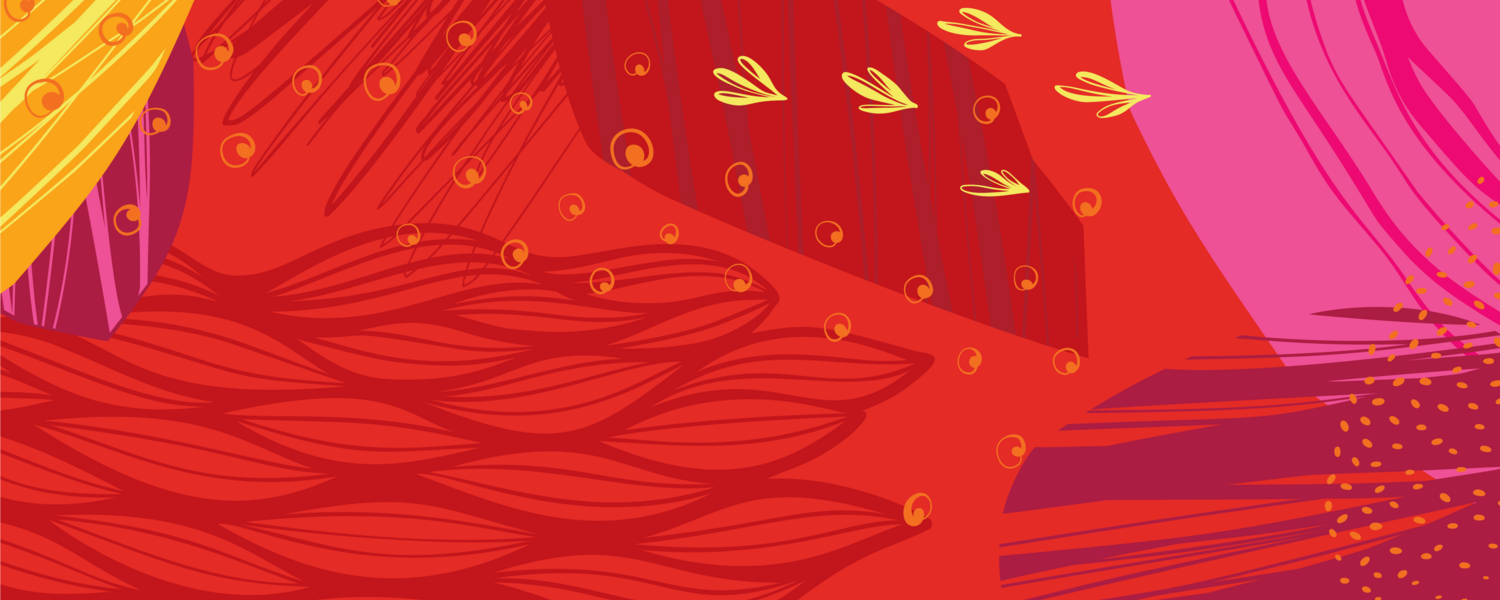Alex Wood's love for speedskating was apparent, especially after watching the 2014 Sochi Olympic Winter Games. His parents, recognizing his passion, made a pivotal decision — they signed him up for speedskating instead of hockey.
This early support set the stage for Wood's journey. After a few years of short-track speedskating, he had the opportunity to compete at Ontario's provincial championships in long-track. Fast-forward, and he's now a long-track athlete training at the Olympic Oval and a first-year student at the Haskayne School of Business.
Wood was unaware that an athlete fund supported by three-time, Calgary-based Olympian Vincent De Haître even existed until recently when he was going about his usual routine, training and studying, when, out of the blue, De Haître called to tell him that he was this year’s recipient.
"When he called, I was equally confused, floored, excited and grateful. I did not see that coming," Wood says. "I will definitely put this money to good use for training and school."
De Haître is both a summer and winter Olympian, having represented Canada in cycling at the 2020 Tokyo Summer Games, and in long-track speedskating at Sochi 2014 and PyeongChang 2018.
This is the second year that De Haître has provided a University of Calgary student-athlete with financial assistance. Last year, with the support of The Big Ride, a cycling fundraiser organized by Dave Lougheed, MBA'02, he surprised neuroscience student and long-tracker Rachel Mallard with a $5,400 gift.
“Philanthropic initiatives by athletes giving back to other athletes is so impressive to see for the sport; it’s becoming more commonplace," says Mark Messer, director of the Olympic Oval. "What Vince has done is something inspiring. This might inspire more alumni athletes to join the movement as they also know how hard it is to make ends meet at this level.”
De Haître continues with an impressive personal philanthropic fund
Last year, Vincent De Haître established a personal fund to support athletes, like himself, with their training expenses. As a two-sport athlete representing Canada in speedskating and track cycling, he is not affiliated with a charity or foundation and has full autonomy over the distribution of the funds. This is important to him as a significant portion of the fund comes from his personal income.
This year, De Haître aimed to expand the fund to support athletes from Ontario. He raised the funds through donations via his website and public appearances.
“It was always my goal to expand to all of Ontario, but I wanted the first recipient to be from my hometown, Ottawa," says De Haître. "The dream goal is to find a sponsor to get on board, and then I can expand on this idea to make it Canada-wide and multi-sport.”
De Haître knows first-hand how much it costs to train. He has been training at the Olympic Oval for 12 years.
"The amount I choose to give is directly linked to the cost of the training fees that young athletes and their families face when they sign up to train full-time at the Olympic Oval. Being charitable means sacrificing something for yourself to ensure that someone else can have more," says De Haître.
Choosing an athlete is a complex process
One of first questions De Haître hears is, "How do you decide who gets the money?"
"I do have criteria. The athlete must be a junior from Ontario in their first year of training in the Olympic Oval's Elite Athlete Pathway. They must have the time standards to train, and I also look at their work ethic and professionalism," says De Haître.
De Haître believes one must build trust with those who choose to donate to any philanthropic venture. Philanthropy and athleticism have to stay true to core aligned beliefs.
"My goal is to leave the sport better than when I found it; as long I have enough to support myself, I will continue to help others," says De Haître, adding he noticed a disconnect between new and veteran athletes, making it hard to keep the sport moving forward. He says that, when athletes work together and share their experiences, they can learn from each other and improve, resulting in a better place for the sport.
What does the future look like for De Haître?
De Haître continues to be an athlete and has no intention of retiring anytime soon.
“My main goal in sport right now is returning to performing like my old self and qualifying for the world cup and world championships for this season," he says. "The ultimate goal is to be qualified and more competitive at the 2026 Winter Olympics in Milano Cortina.”
To learn more and donate, visit his website. All donations earmarked to the Athlete Fund are 100-per cent allocated to the initiative.


